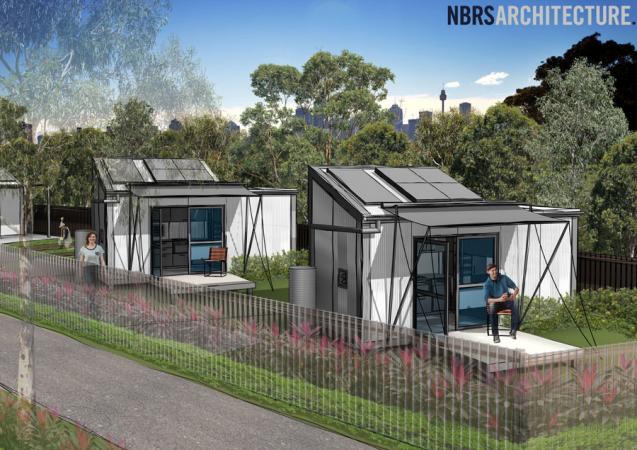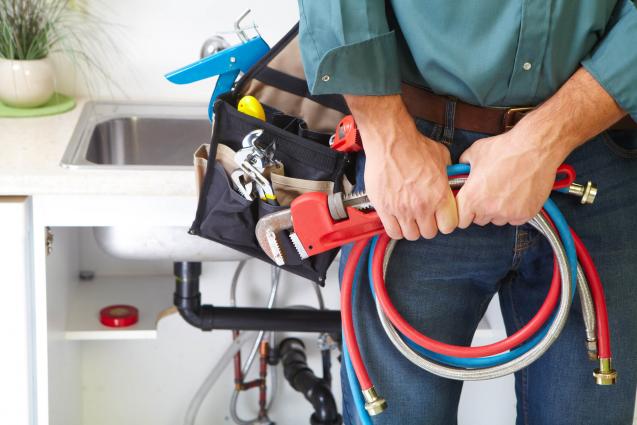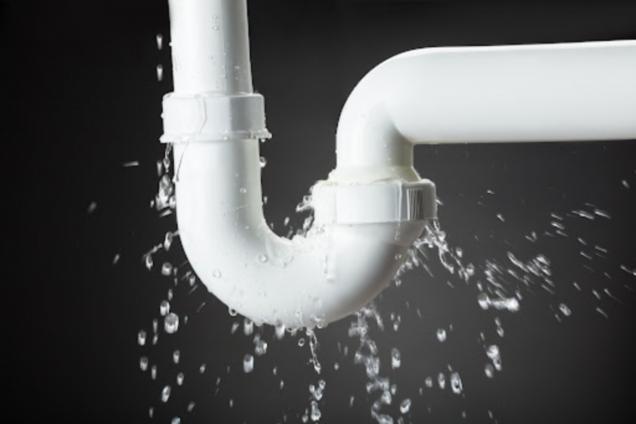
Drain Doctor: Are Your Drains Blocked?
By Fluid Plumbing|June 29, 2022
In most cases, your plumbing work is secure for decades, tucked safely away and professionally installed so you won’t have to bother too much with maintenance. The one exception is with your drains. Your drains are the most vulnerable part of your home plumbing as they are open to all sorts of foreign materials that can cause blockages, and headaches for homeowners.
There are different ways that drains can become blocked, most of which occur from everyday household habits that cause gradual build-up and congestion inside the pipes and turns. Usually, the warning signs are available at the very beginning of a blockage build, giving you plenty of time to put some home repair practices in place to get the issue sorted early.
If you don’t feel confident tackling blocked drains yourself you can always call a plumber to unblock your drains.
4 Signs of a Blocked Drain
Knowing how to spot a blocked drain early can help you take action and avoid bigger plumbing repairs and costs. Here are four things to take note of so you can unblock your drains while the work is still easy.
Foul Smell
As well as preventing the flow of water, matter blocking drains can also decompose, causing bacteria to grow and send up unpleasant, rotting odours. This can happen even when the blockage is still small, so you may find that you’ll be aware of a sink around your drains before you see other warning signs. It’s a great time to get in and clean your drains either by removing tangled hairs from the drain entrance - best for bathrooms, or by applying hot water and baking soda and vinegar solutions for kitchen sinks.
Gurgling Sounds
Gurgling noises are an early indication there is a blockage forming in your pipes. Usually, the reason for this is air getting trapped behind the blocked water flow. While gurgling or glugging noises are the most common there might be other strange noises coming from your drain, depending on where in your pipe the blockage is located.
Slow Draining
Slow draining is usually accompanied by gurgling noises, you may also experience dirty backwash or foamy bubbles. The level of stagnant water and how slowly the water passes through the drain is a clear indication of how blocked your pipes are. Ideally, water will flow without interruption, so any interference needs to be addressed as quickly as possible. Ignoring your blocked drain at this point will lead to the water not draining at all in the very near future. Once you reach that point applying solutions becomes much more difficult and messy.
Overflowing
Overflowing toilets or drains are usually a result of a blockage in the pipes from something that was flushed or rinsed away that shouldn't be. While preventive steps are the best way to avoid drain issues, it’s usually easy enough to treat overflowing drains quickly to prevent significant leaks and water damage. If your pipes are older and have not been checked in a while, overflowing drains might also be caused by bigger issues like broken pipes or tree root interference. Professional plumbers have a wide range of tools that can help easily identify blockage points and clear drains.
As soon as you notice warning signs of a blocked drain, try using a home remedy or call a plumber to take care of it on your behalf. Most drain blockages are caused by small everyday habits. A plumber will help you identify what’s causing the build up so you can avoid repeat issues and ongoing repairs.
There are different ways that drains can become blocked, most of which occur from everyday household habits that cause gradual build-up and congestion inside the pipes and turns. Usually, the warning signs are available at the very beginning of a blockage build, giving you plenty of time to put some home repair practices in place to get the issue sorted early.
If you don’t feel confident tackling blocked drains yourself you can always call a plumber to unblock your drains.
4 Signs of a Blocked Drain
Knowing how to spot a blocked drain early can help you take action and avoid bigger plumbing repairs and costs. Here are four things to take note of so you can unblock your drains while the work is still easy.
Foul Smell
As well as preventing the flow of water, matter blocking drains can also decompose, causing bacteria to grow and send up unpleasant, rotting odours. This can happen even when the blockage is still small, so you may find that you’ll be aware of a sink around your drains before you see other warning signs. It’s a great time to get in and clean your drains either by removing tangled hairs from the drain entrance - best for bathrooms, or by applying hot water and baking soda and vinegar solutions for kitchen sinks.
Gurgling Sounds
Gurgling noises are an early indication there is a blockage forming in your pipes. Usually, the reason for this is air getting trapped behind the blocked water flow. While gurgling or glugging noises are the most common there might be other strange noises coming from your drain, depending on where in your pipe the blockage is located.
Slow Draining
Slow draining is usually accompanied by gurgling noises, you may also experience dirty backwash or foamy bubbles. The level of stagnant water and how slowly the water passes through the drain is a clear indication of how blocked your pipes are. Ideally, water will flow without interruption, so any interference needs to be addressed as quickly as possible. Ignoring your blocked drain at this point will lead to the water not draining at all in the very near future. Once you reach that point applying solutions becomes much more difficult and messy.
Overflowing
Overflowing toilets or drains are usually a result of a blockage in the pipes from something that was flushed or rinsed away that shouldn't be. While preventive steps are the best way to avoid drain issues, it’s usually easy enough to treat overflowing drains quickly to prevent significant leaks and water damage. If your pipes are older and have not been checked in a while, overflowing drains might also be caused by bigger issues like broken pipes or tree root interference. Professional plumbers have a wide range of tools that can help easily identify blockage points and clear drains.
As soon as you notice warning signs of a blocked drain, try using a home remedy or call a plumber to take care of it on your behalf. Most drain blockages are caused by small everyday habits. A plumber will help you identify what’s causing the build up so you can avoid repeat issues and ongoing repairs.



